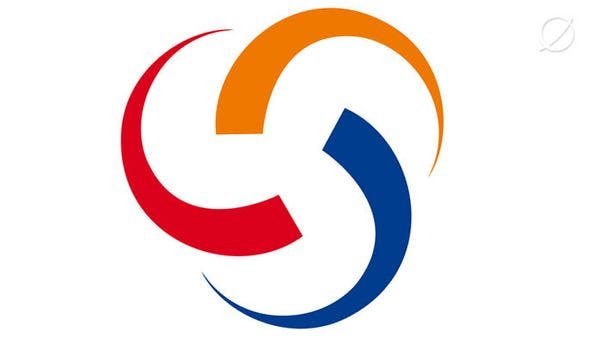Llamado conjunto respecto a la crisis de salud en Donbas, Ucrania Oriental
Un centenar de líderes, profesionales y activistas en salud procedentes de 60 instituciones gubernamentales, de la sociedad civil y de comunidades afectadas han expresado inquietudes respecto a retos relacionados a la provisión de acceso a tratamientos esenciales para el VIH, la tuberculosis y la dependencia a opiáceos en áreas de Donbas en Ucrania Oriental. Más información, en inglés, está disponible abajo.
Suscríbase a las Alertas mensuales del IDPC para recibir información sobre cuestiones relacionadas con políticas sobre drogas.
Joint call signed by: Svitlana Moroz, Chair of the Board, Eurasian Women Network on AIDS; Aida Kurtovic, Vice Chair of the Board, The Global Fund to Fight AIDS, Tuberculosis and Malaria; Michel Kazatchkine, UN Secretary-General’s Special Envoy on HIV/AIDS in Eastern Europe and Central Asia; Lucica Ditiu, Executive Secretary, STOP TB Partnership; Mark Dybul, Executive Director, The Global Fund to Fight AIDS, Tuberculosis and Malaria
On behalf of the 100 health leaders, professionals and activists from 60 government institutions, technical partners, donors, civil society and affected communities committed to ending the tuberculosis and AIDS epidemics in Eastern Europe and Central Asia who gathered at Global Plan to Stop TB & Eastern Europe and Central Asia Consultation on Sustainable Impact, on 23-24 July 2015 in Istanbul, the Stop TB Partnership and the Global Fund to Fight AIDS, Tuberculosis and Malaria express grave concerns over challenges in providing access to essential treatments for HIV, tuberculosis and opioid dependence in areas of Donbas in East Ukraine, where:
- Nearly 8,000 HIV patients, including children and prisoners, are in danger of running out of life-saving antiretroviral medicines by mid-August. The Global Fund has approved an emergency fund grant to UNICEF in the amount of US$3.7 million for the duration of 12 months to prevent disruptions in the delivery of HIV treatment to the areas of Donbas affected by the military conflict.
- Stocks of medicines for drug-resistant tuberculosis are insufficient, and further shortages – leading to more tuberculosis and more drug resistance – are expected.
- More than 800 patients that had been receiving opioid substitution therapy can no longer access their treatment, and another 250 patients receive only a fraction of their regular dosages due to a complete lack of medicines.
Patients should not be forced to pay for the conflict with their lives and their health. All parties involved should find solutions to solve this humanitarian crisis.
Click here to read the full article.
Keep up-to-date with drug policy developments by subscribing to the IDPC Monthly Alert.
Temas
Regiones
Perfiles relacionados
- Global Fund
